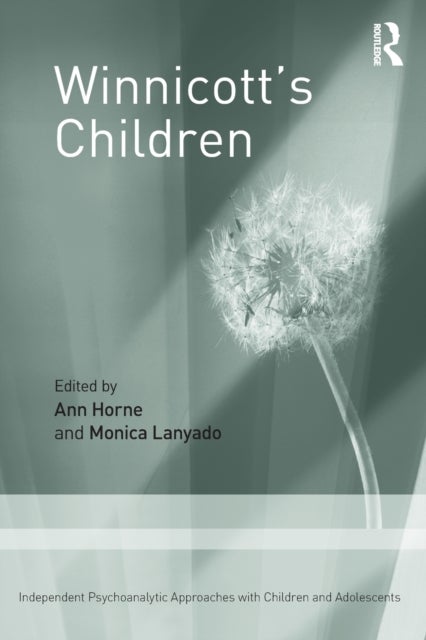
Winnicott's Children
469,-
<P><EM>Winnicott¿s Children</EM> focuses on the use we make of the thinking and writing of DW Winnicott; how this has enhanced our understanding of children and the settings where we work, and how it has influenced the way in which we do that work. It is a volume by clinicians, concerned about how, as well as why, we engage with particular children in particular ways.</P><P></P><P>The book begins with a scholarly and accessible exposition of the place of Winnicott in his time, in relation to his contemporaries ¿ Melanie Klein, Anna Freud, John Bowlby ¿ and the development of his thinking. The dual focus on the earliest experience of the infant and its consequences plus the ¿how¿ of engaging with children ¿ as good-enough mothers or good enough therapists ¿ is picked up in the chapters that follow. The role of play is central to a chapter on supervision; struggling through the doldrums can be part of the adolescent¿s experience and that of those who engage with him; the role of psychoth








